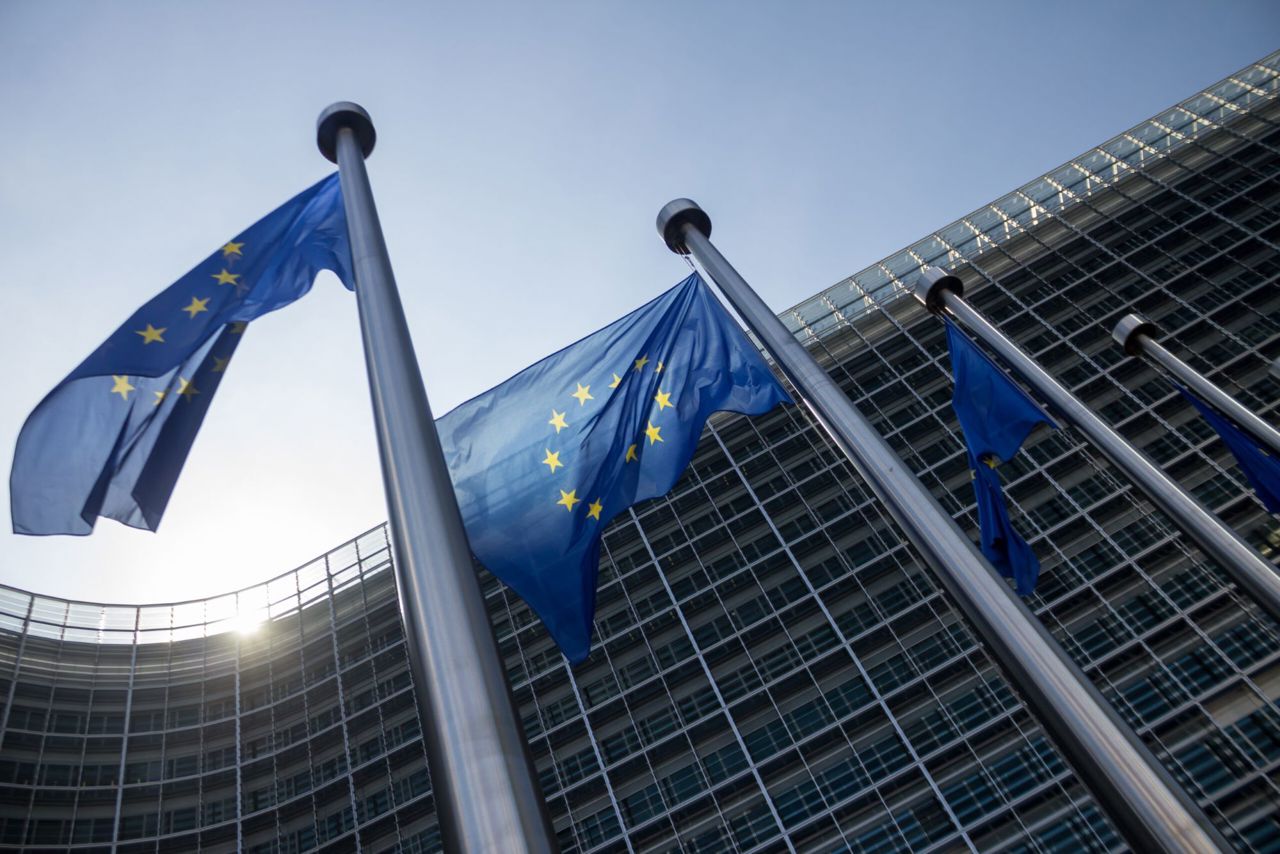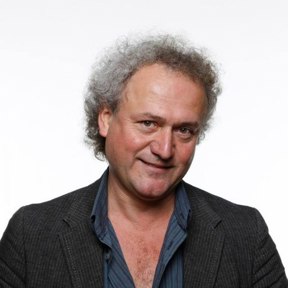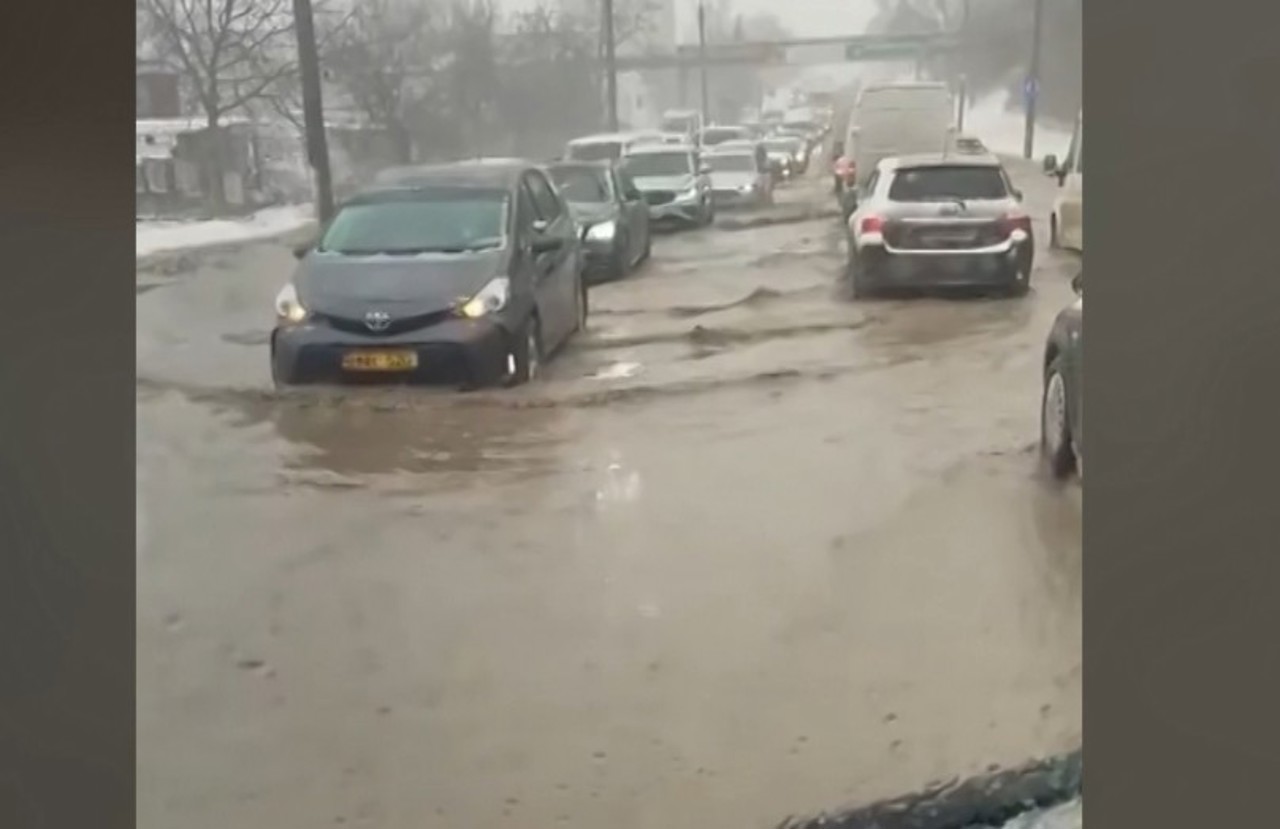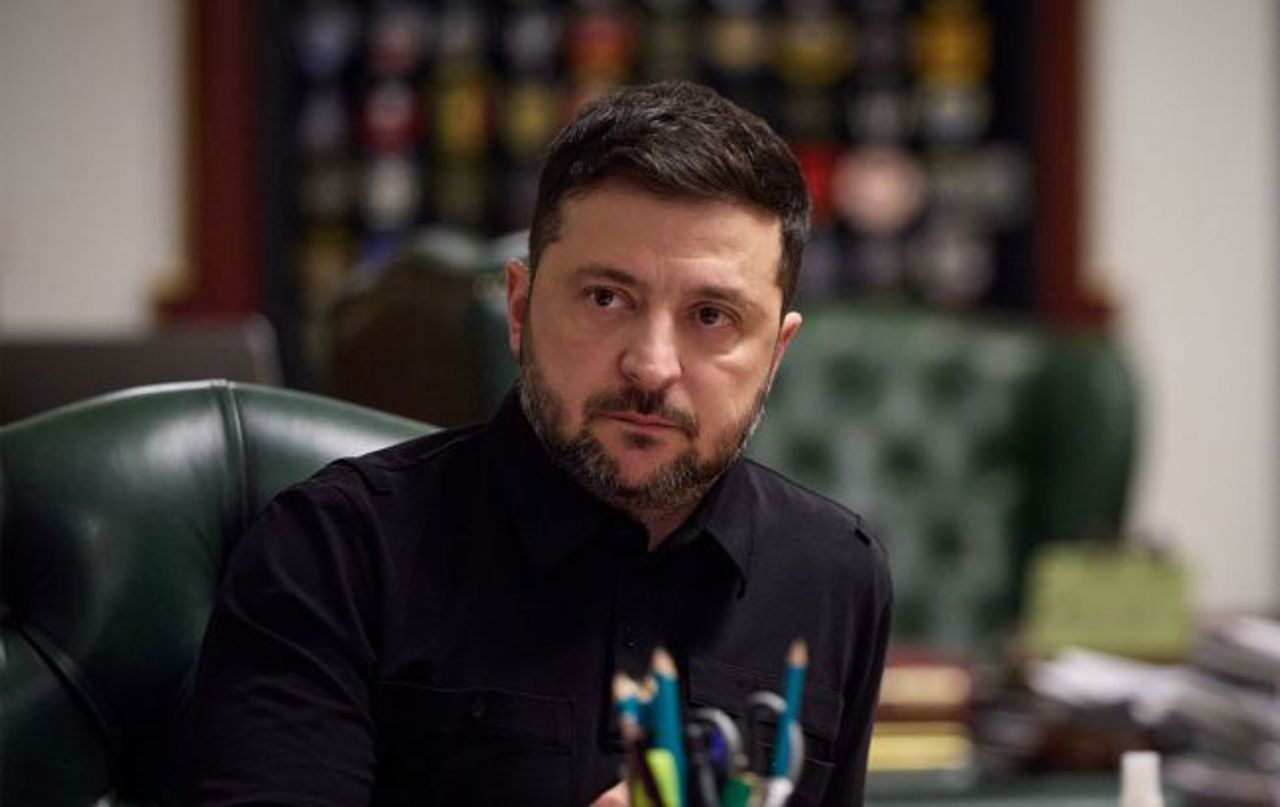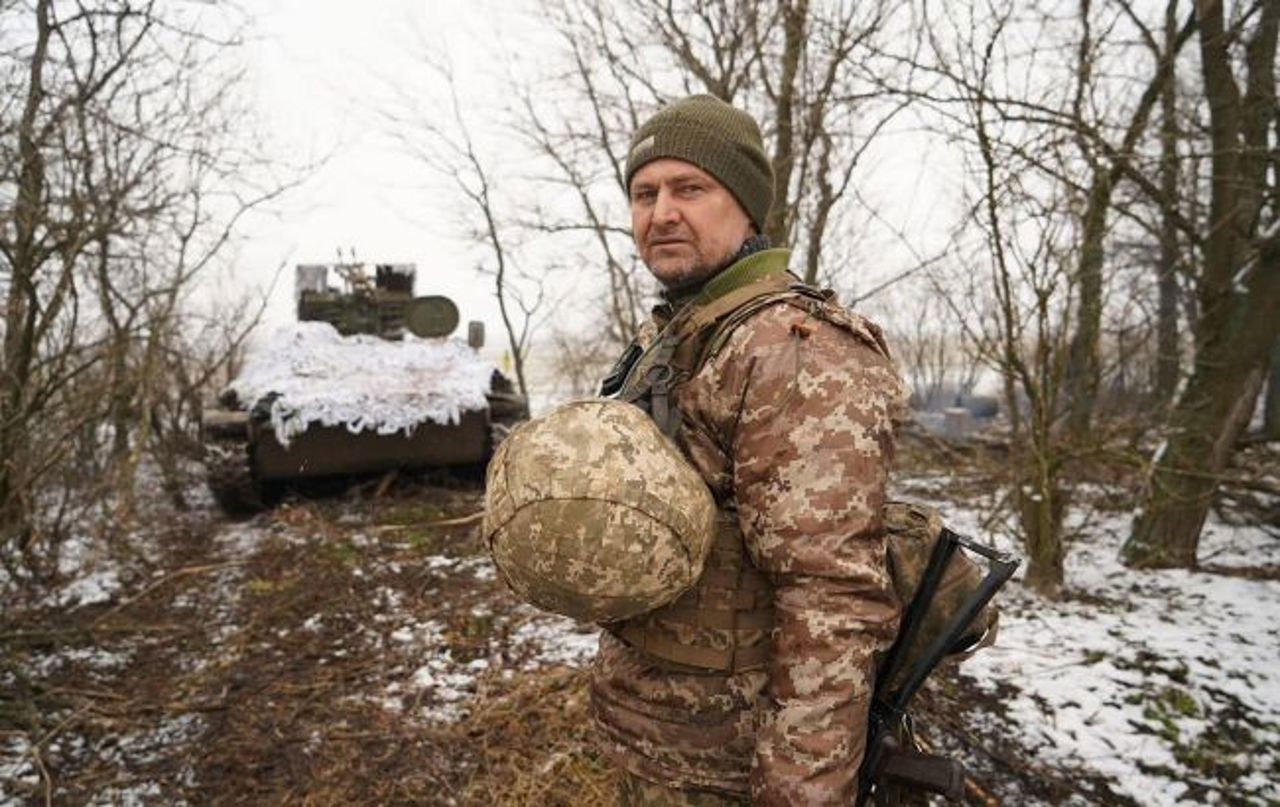EU enlargement in 2025: Challenges, hopes, and skepticism
The year 2025 was expected to bring progress in the pace of EU accession negotiations for candidate countries, all of which, except for Ukraine and Moldova, are from the Balkans, former Yugoslav republics, and Albania.
After a standstill during Hungary's EU presidency, a new leap is anticipated during Poland's current presidency, followed by Denmark in the second half of the year.
Observers expect a “historic” decision (as such events are often referred to) to open several of the 33 chapters of the EU accession negotiations—key areas where candidate countries must align with EU standards—during Poland’s presidency.
However, the situation is more complex than that. The European Union has discovered that some member states—particularly countries like Hungary and Slovakia, which have become increasingly critical of Ukraine's and Moldova's EU integration plans—are growing more skeptical about starting negotiations this year, especially concerning Serbia’s ability to open certain expansion chapters, as long as it does not recognize the independence of its separatist province, Kosovo.
As for other candidate countries, it is almost certain that Georgia’s EU accession will remain stalled. The EU still lacks a common position on how to deal with Georgia, which has fallen back under Moscow's influence.
The current sentiment in Brussels is that Georgia is in a situation similar to Turkey—officially an EU candidate, but with accession negotiations effectively stalled.
The relations between Serbia and Kosovo remain a key challenge for the region, as always. Attempts will be made to revive these high-level discussions after the parliamentary elections on February 9 in Kosovo, which could reconfirm Prime Minister Albin Kurti in power. Given that both Kurti and Serbian President Aleksandar Vučić have shown little willingness for these discussions to succeed so far, Kallas will have much to do.
In general, EU enlargement will proceed with extremely cautious steps this year, despite the hopes placed in Poland's EU presidency.
The war in Ukraine also limits Warsaw's ability to act, as it must simultaneously expand its role within NATO, where it has become the country with the largest military budget.
As a result, it is possible that the year will not bring more progress in Moldova’s and Ukraine’s candidacies than when Hungary, under Viktor Orban, nominally led Europe.
Translation by Iurie Tataru
